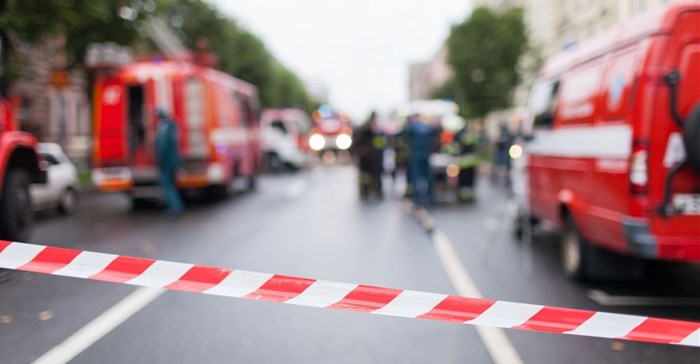
Top stories






More news


Marketing & Media
Ads are coming to AI. Does that really have to be such a bad thing?














The first step for health care organisations preparing for emergencies is to accurately assess the kinds of hazards they may face, such as flooding, power outages, or violence, emergency preparedness expert, Paul Biddinger said at Harvard TH Chan School of Public Health as part of the Hot Topics summer lecture series.
In 2005, Biddinger and colleagues learned from consultants from Israel—who’d dealt with bombings that resulted in mass casualties—that the average time from when a bomb goes off until the first person reaches the closest emergency department is four minutes. Experts from other places that had dealt with bombings, including London, Madrid, and Mumbai, confirmed that events unfold incredibly quickly during a disaster. Realising that once a disaster struck there wouldn’t be time to do much of anything - such as clear space in emergency departments for incoming wounded, or call doctors and nurses in to help - Biddinger and his colleagues developed a plan so that hospital staff would know what to do during a disaster without having to be told. “It becomes muscle memory,” he said.
In 2013, the Boston Marathon was bombed, injuring 275 and killing three. “None of us ever thought someone would bomb the Boston Marathon,” said Biddinger. “Why would you bomb a road race?” But Boston-area emergency responders’ planning and preparation helped - not a single person who wasn’t killed at the scene died later at a hospital.
Fostering coordination among healthcare organisations that normally operate independently of each other is an important factor in good emergency preparedness, Biddinger said. It’s also important during a disaster for hospitals and healthcare centres to maintain primary care services such as dialysis or cancer treatments.
When Biddinger meets people at cocktail parties and they realize he works in emergency preparedness, they invariably ask: “Well, are we prepared?” He said there’s no “yes or no” answer to the question.
“We will never have enough money, enough time, enough resources, to be fully prepared for everything,” he said. “Therefore, we have to do the best we can with what we have…. We try to identify our greatest threats, identify our greatest vulnerabilities, improve our plans, test our plans, learn lessons—and do it all over again.” Ideally, he added, the plans are guided by the best available science, “so that hopefully we get better and better and better.”